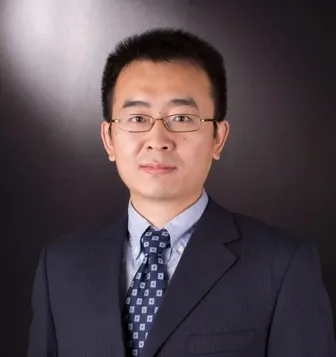英文首页﹀
Returns to Scale, Productivity, and Markup: Revisit the Export Premium
2024-11-22
Time: 10:00 am- 11:30 am, Nov. 22nd, 2024
Speaker: Hongsong Zhang
(University of Hong Kong)
Venue: 1F, Wanzhong Building, Langrun Garden, Peking University
Platform: Zoom
Meeting ID: 994 5991 6531
Passcode: inse
Abstract:
The productivity effect of exports has been the foundation for many trade-related policies. However, empirical studies usually find a mixed or limited effect of exports on productivity. We solve this puzzle and show that increasing returns to scale and markups are two important sources of gains from exports, in addition to productivity. Because output prices are typically unavailable at the firm level, we developed a new method to estimate firm-level markups, productivity, and returns to scale consistently, using the widely available revenue data. We find that exports generate substantial efficiency gains, half contributed by increasing returns to scale and the other half by exports' productivity premium. Improved efficiency allows exporters to charge higher markups while offering lower prices. Taken together, exports increase firms' profits by about a quarter in the Chinese manufacturing industry and benefit consumers by reducing prices. Increasing returns to scale also explains why TFPR may fail to capture the export premium even when exports increase markup.
Speaker:

Hongsong Zhang is an Associate Professor of economics and the Associate Director of the Institute for China Economy at the University of Hong Kong. His research covers Empirical IO and International Trade, especially on productivity, buyer-supplier linkages, firm/industrial dynamics, and related trade/industrial policies. He serves as the Co-Editor for the special issue of International Journal of Industrial Organi (IJIO) on “Industrial Organization and Industrial Policy” and an Associate Editor of IJIO. He is in the executive committee of China Trade Research Group. His research has been published in Review of Economics and Statistics, RAND, Economic Journal, International Economic Review, Journal of Development Economics, and European Economic Review. He received his Ph.D. from Penn State University and Master degree from CCER at Peking University.

